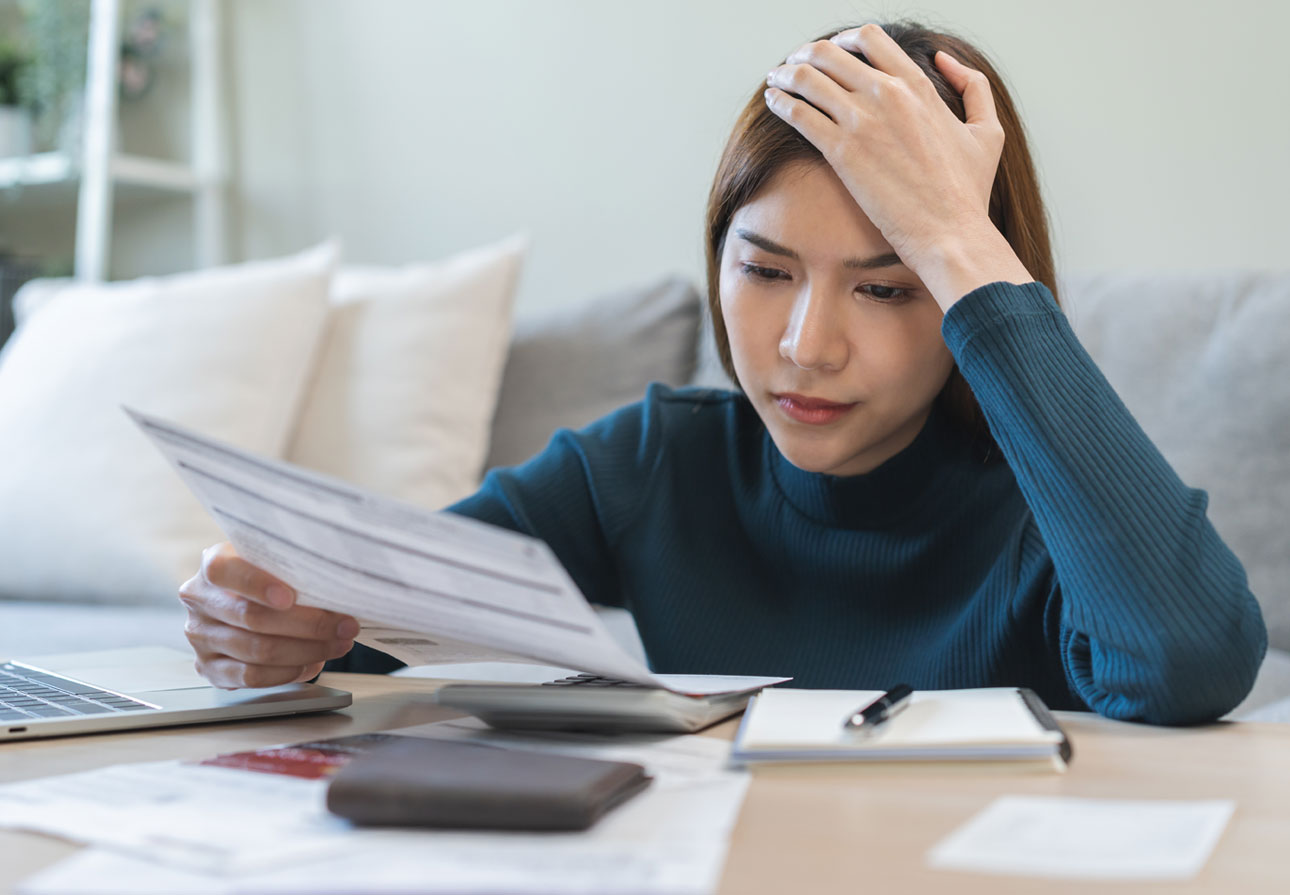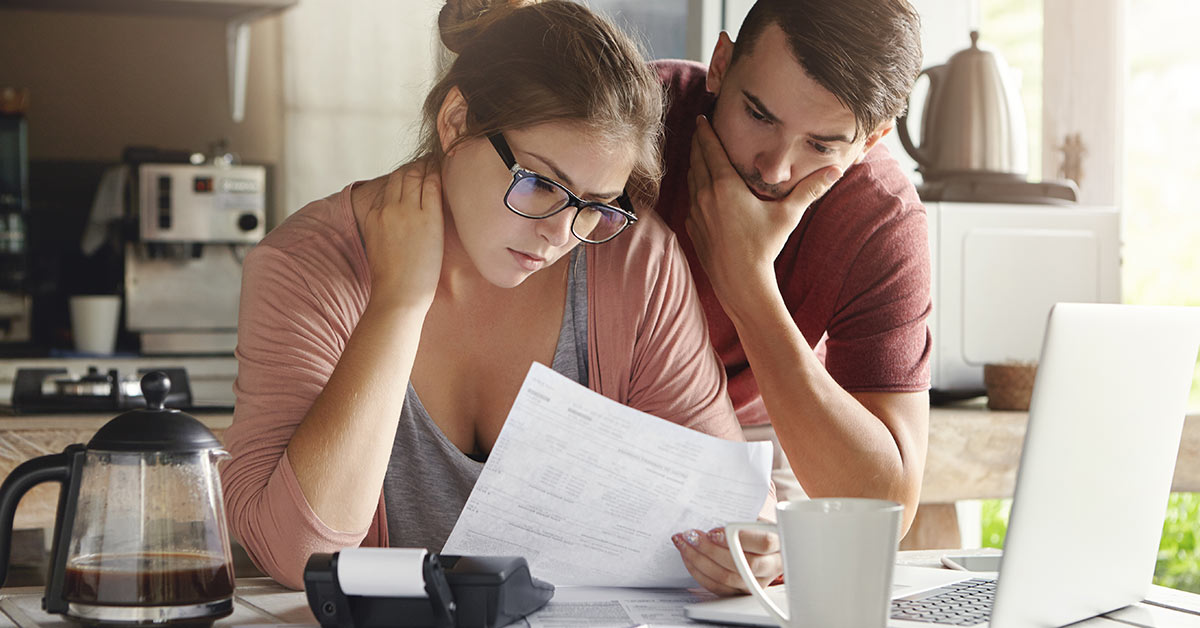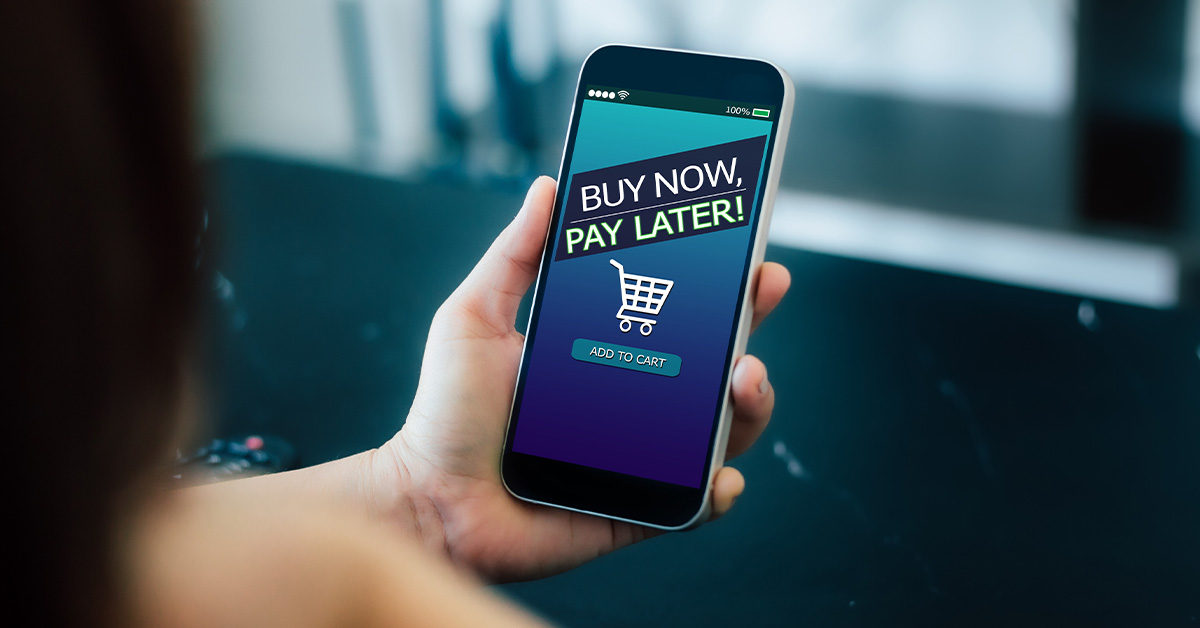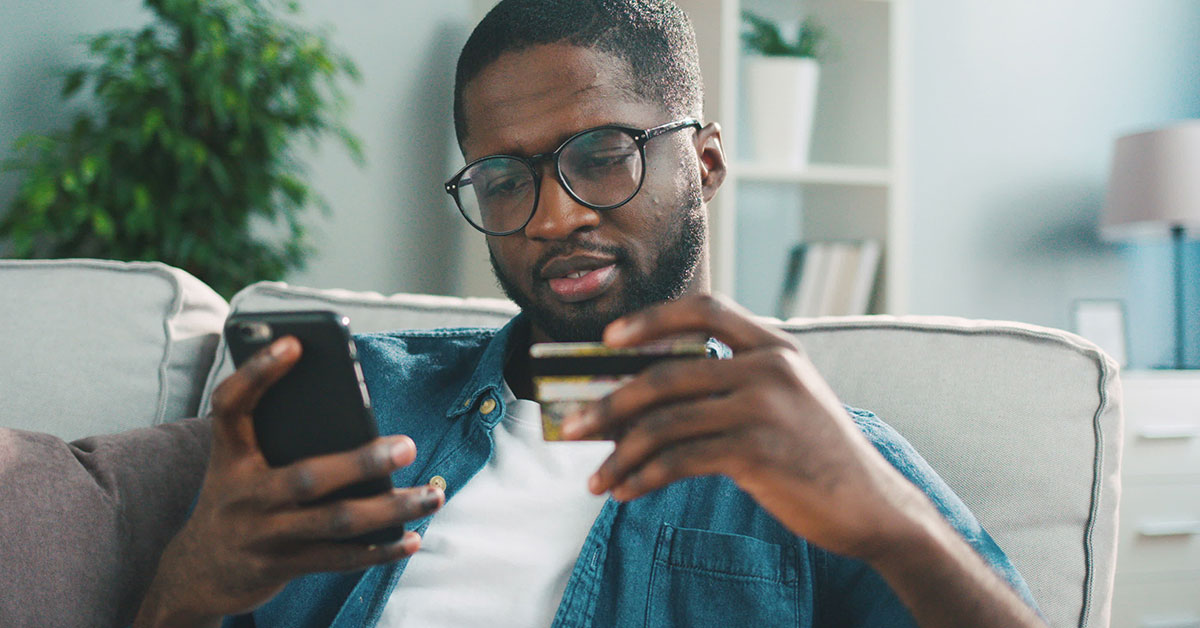
How to Break the 10 Most Common Bad Money Habits
From time to time, nearly every person makes some not-so-smart money decisions. Whether it’s out of necessity, convenience, or simple absentmindedness, it’s easy to make a small mistake every now and again. But what happens when you consistently make unwise financial decisions? That’s called a bad money habit.
Habits are actions you take without consciously considering them. Habits are meant to be helpful. Think about driving, getting ready for work, and even simple tasks like eating – these habits help you use less energy to complete a repeated action. But unhelpful and unhealthy habits are easy to start too. We all know about bad habits like eating junk food and smoking, but when you consistently make unhealthy financial choices, those choices can also turn into habits.
Bad money habits are more common than you think. It can be tricky to make conscious money decisions all the time, and those decisions you make out of convenience or absentmindedness can quickly and easily turn into bad habits. Let’s take a look at the most common bad money habits, and more importantly, let’s go over how you can break them.
Not Using a Budget
Sometimes, bad habits are more about inaction than action. How many times have you promised you’d start eating healthy or going to the gym, only to start strong and then avoid it altogether? Not using a budget is similar. Many people start working with a budget, only to stop using it after a short time.
How to break this bad money habit: Most people quit using a budget or never start because it feels like too much work. The key here is to use a budgeting tool that makes it easy and convenient for you to budget. We’ve got an excellent free course that walks you through how to start, and more importantly, keep a budget. Another trick to get out of this habit is to consider your ultimate money goals. Do you want to get out of debt, save more, or plan for retirement? Keeping your goal at the top of your mind can help you stay motivated.
No Savings Goals
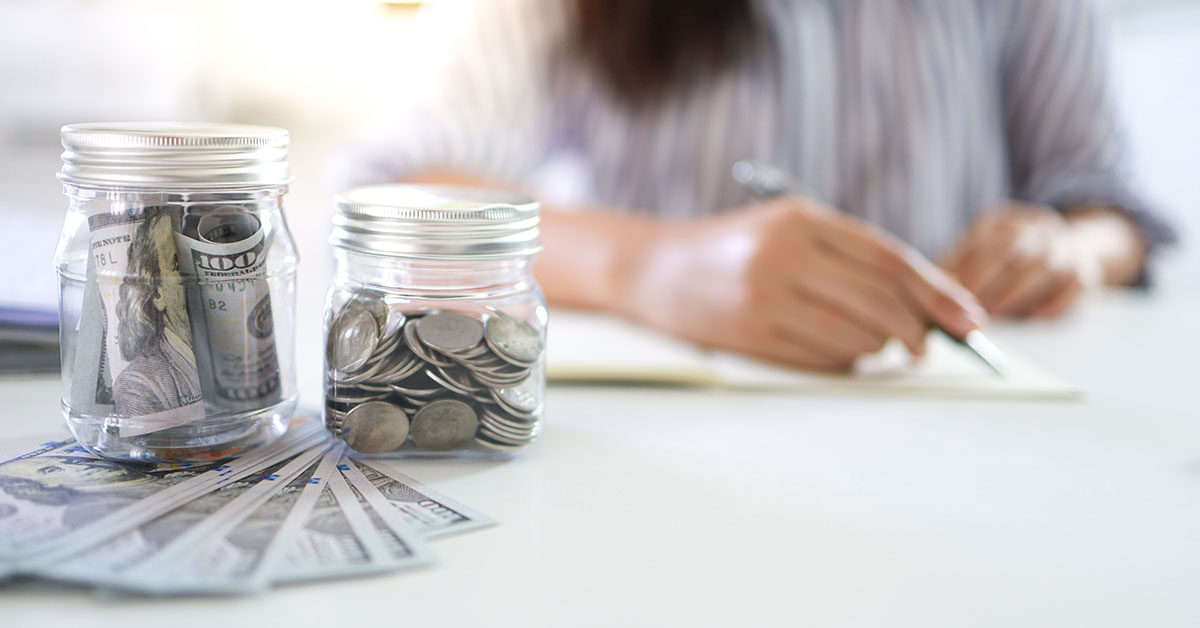
Most people want to save money. But if you keep savings as an abstract desire, a someday maybe, in your mind, then you’ll likely never save very much money. This is another habit of inaction, where you come up with a plan but don’t take any, or very little action to make it happen.
How to break this bad money habit: Instead of just dreaming about savings, you’ve got to set a SMART savings goal. Then, you need to create a line item in your budget where you put away a set amount of money each month, and it needs to be the first “bill” you pay out of each paycheck. Once you start doing this, you’ll watch as your savings grows in a very predictable way.
Not Saving for Your Future
So, maybe you do have a savings account, and perhaps it has been growing over the years, but is this enough? A savings account is great for planning for trips or big expenses like a down payment on a car or home. But you also have to think about your future. Are you in the habit of ignoring your retirement? Whether you’re 20, 30, or even 40, the time to start saving for retirement is now.
How to break this bad money habit: The best way to break this bad habit is through education and then action. First, learn how investing in retirement accounts builds up over time and how you can watch your money grow exponentially throughout the years. The second step is to then start investing, whether you choose a 401k or an IRA or both, making sure to take advantage of any free money through employer matches.
Having No Emergency Savings
What would you do if the unthinkable happened? Many rely on credits cards for emergencies, but this can cause a domino effect of financial problems if you end up spending more than you can quickly pay back. Once again, this habit of inaction is easily resolved by simply taking action.
How to break this bad money habit: Start your emergency savings now. Start small by saving comfortable amounts from each paycheck, working towards a small goal like $500 or $1000. Keep building your goal in small increments until, ultimately, you have saved 3-6 months’ worth of expenses. Use extra income like windfalls or credit card rewards to build your account up. Try to keep this goal separate from your other savings goals by using different accounts so it’s easy to manage.
Using Payday Loans
Never, and we repeat, never use payday loans. They are never worth it. Payday loans start a vicious cycle that can be easy to get trapped in. You don’t have enough money to pay your bills, so you get a payday loan. Then, you don’t have enough money to pay back the interest on the debt, so you go into more debt to cover it. It’s an ugly bad habit that’s hard to get out of.
How to break this bad money habit: Don’t start! If you must take out a loan, work with your credit union to take out a personal or secured loan. Work on building your emergency savings so that you never face the need to get a loan. If you’re already in this bad habit, check out our moveUP Financial Wellness program to help you build the skills you need to get out of this trap.
Impulse Buying
What is impulse buying? Have you ever entered the grocery store with a list, only to walk out with 2 or 3, or maybe even 10-20 items you did not intend to buy? Impulse buying is a completely emotional decision, and marketing companies design products and product displays to encourage this bad habit.
How to break this bad money habit: Stick with your list. Know what you want to buy before you go shopping, and don’t buy anything that’s not on the list. And don’t grocery shopping hungry; research shows you’ll end up spending 60% more. If you see something you think you need or want, write it down on another list, and then think it over for at least 24 hours before making the purchase.
Convenience Shopping
Those little trips to the coffee shop, convenience store, and fast food restaurants will add up. It might not seem like you’re spending that much money when you’re just making $5 or $10 purchases here and there, but they definitely add up.
How to break this bad money habit: Start tracking these purchases. Go through all your purchases and mark these as convenience or excessive. Then, at the end of the month, add it up and see how much you spent. Multiple that by 12 to see how much money you can save each year by cutting out these purchases. You’ll discover that the minutes you’ll spare are hardly worth the money you could save.
Spending More Than You Earn
This is an easy habit to get into because it simply means spending without conscious thought. But, going back to point number one, if you’ve got a budget, you’ll know exactly how much you earn and can then budget for all your necessities and savings first before making additional purchases.
How to break this bad money habit: If you can break the other bad habits of not having a budget, impulse shopping, convenience shopping, as well as the next bad habit we’re going to discuss, then you’ll be well on your way to breaking this habit. This habit tends to be a symptom of larger problems. So, know how much you earn and spend only that.
Excessively Using Credit Cards
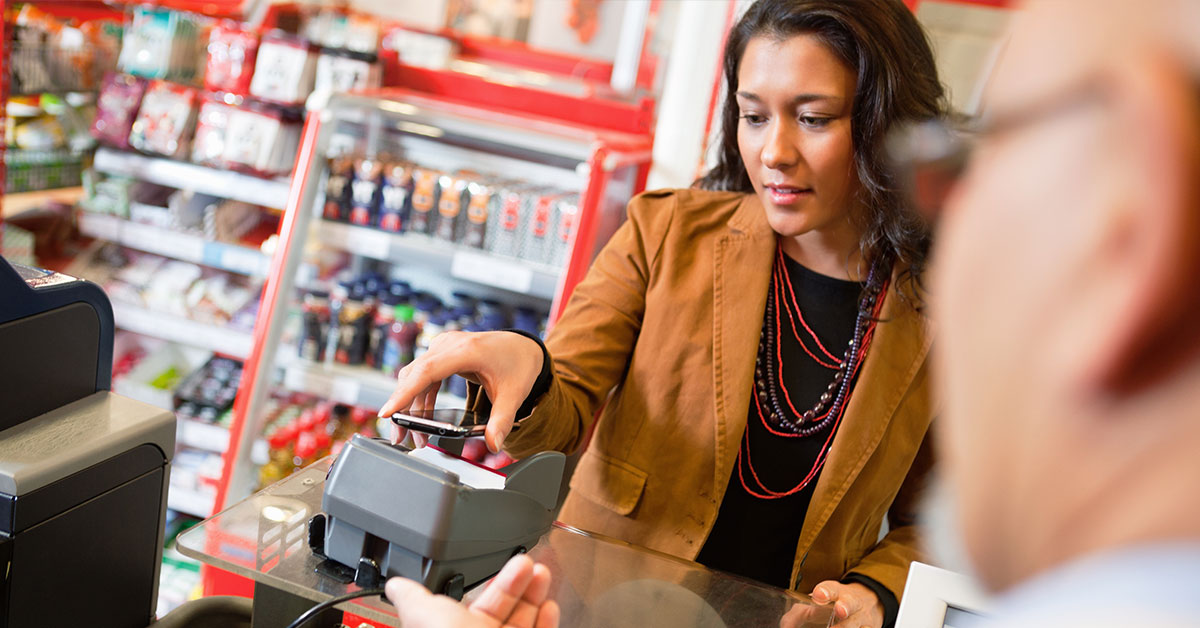
Credit cards are a great tool, but they definitely get abused. They can feel like free or magic money, but that’s not what they are at all. It’s easy to just pull out your credit card and start making purchases for more than what you’ve got in your checking or savings account. But, that’s exactly how to turn credit card use into a bad habit.
How to break this bad money habit: Pay your credit cards back in full and on time each month. If you don’t have the money to do that, then don’t use your credit card. Some credit cards have no interest periods, and it’s ok to break your payments up over those periods. Just be sure to pay the balance off by the end of the promo period, otherwise your balance will be subject to the higher, non-promotional rate. But, to break this habit, never pay interest on your purchases and always keep your utilization below 30%.
Paying Your Bills Late
Sure, buying fun things for yourself or going out for a nice dinner can feel more exciting than paying your bills, but prioritizing emotional spending over your bills will get you into a bad habit. And once you’re in the habit of paying your bills last, and ultimately late, it can take years to recover, and it will negatively impact your credit score.
How to break this bad money habit: Prioritize your bills as number one. Budget your spending and always pay your bills first. Use automatic bill pay to pay your bills at the same time each month based on when you get paid, that way you know you will never be late.
More Money Management and Saving Tips from Community First
- Using Buy Now Pay Later Apps
- Are Peer to Peer Payment Apps Safe?
- Financial Tips for New Parents
- Easy Ways to Save for an Emergency Fund
- How to Plan for Your Child's College Education





